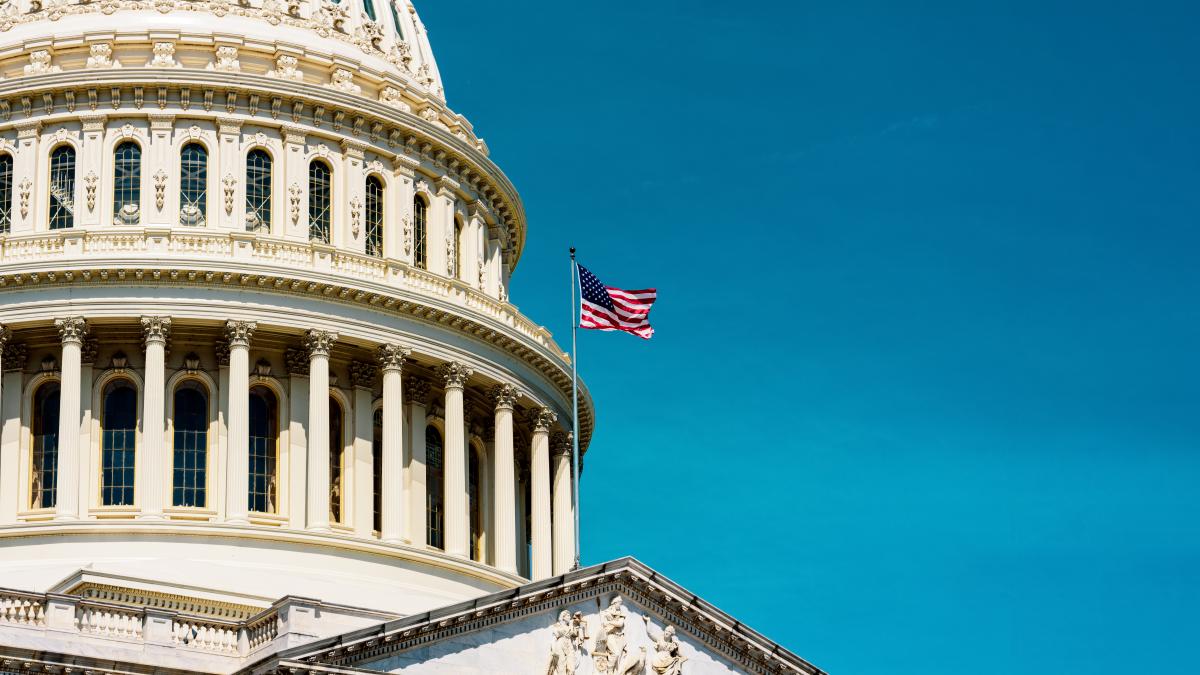
Though Democratic lawmakers and higher education advocates have been pushing for Congress to double the maximum Pell Grant in recent months, Republicans on the House Education and Labor Committee didn’t seem as enthusiastic about the idea during a subcommittee hearing on the program held Thursday.
Most members of the GOP agreed that Pell Grants -- which provide need-based aid that doesn’t need to be repaid to low- and moderate-income students pursuing two- or four-year postsecondary degrees -- are a necessary part of the federal student aid system. And though the grant doesn’t cover as much of the cost of college as it used to, Republicans were skeptical that doubling the award, as Democrats have proposed, would help make postsecondary education more affordable.
“Additional dollars allocated to poor students will wind up captured by these institutions,” said Representative Greg Murphy, a North Carolina Republican and ranking member of the Higher Education and Workforce Investment subcommittee. “Congress wanted to subsidize students but wound up subsidizing institutions. Throwing more money at them is literally the opposite of what we should be doing.”
Murphy referenced the Bennett hypothesis -- named for President Reagan’s secretary of education William Bennett -- that suggests increasing financial aid leads to higher tuition costs, though research on whether that’s true has been inconclusive. Michael Poliakoff, president of the American Council of Trustees and Alumni, testified that when Pell Grant and student loan access expanded during the Great Recession, tuition at four-year public universities increased.
“Simply increasing federal funding will not solve this issue,” Poliakoff said.
Poliakoff encouraged the committee to look carefully at any proposed policy that doesn’t examine how colleges are spending federal funding. Representative Diana Harshbarger, a Republican from Tennessee, didn’t explicitly state whether she supported or opposed doubling the Pell Grant but said that some sort of accountability measure for colleges and universities needs to be put into place.
“If I was a business owner, and I had some type of money coming from the federal government, and I knew it was coming and that they’re going to give me more, do you think I would lower the price?” Harshbarger said. “More than likely not. As far as I’m concerned, there needs to be accountability.”
But for some members of the committee, that accountability shouldn’t just be for institutions but for students as well. Representative Julia Letlow, a Republican from Louisiana, said while serving as a college administrator she saw students using federal financial aid for non-school-related expenses instead of only on tuition, room and board, and textbooks.
“There should be better oversight on how these funds are spent,” Letlow said. “While I’m glad we’re discussing how Pell Grants can benefit our students, I have reservations about the policy idea of doubling the maximum Pell Grant award and expanding semester eligibility for another six semesters, especially when I’ve seen firsthand misuse of financial aid funds.”
Committee chair Bobby Scott, a Democrat from Virginia, recognized that Congress must address the root causes behind the barriers to higher education, naming state disinvestment in higher education as one. Still, he championed the Pell Grant Preservation and Expansion Act of 2021 -- which he introduced in June with Representative Mark Pocan, a Democrat from Wisconsin -- as one step Congress could take to bolster resources for students by doubling the Pell Grant and extending eligibility for it to undocumented students.
"Over the years, the purchasing power of Pell Grants has dramatically declined, covering the smallest share of college costs in four decades," Scott said. "By passing this long-standing higher education priority, we would not only boost Pell Grant awards but also expand eligibility for these critical resources."
Though he acknowledged he wouldn’t have been able to attend college without a Pell Grant, Representative Bob Good, a Republican from Virginia, disagreed that doubling the award would be the right move.
“We continue to see the same Democrat playbook -- throw more money at a problem and hope that’ll fix it,” Good said.
 from Inside Higher Ed https://ift.tt/378IId3
from Inside Higher Ed https://ift.tt/378IId3via IFTTT
Comments
Post a Comment